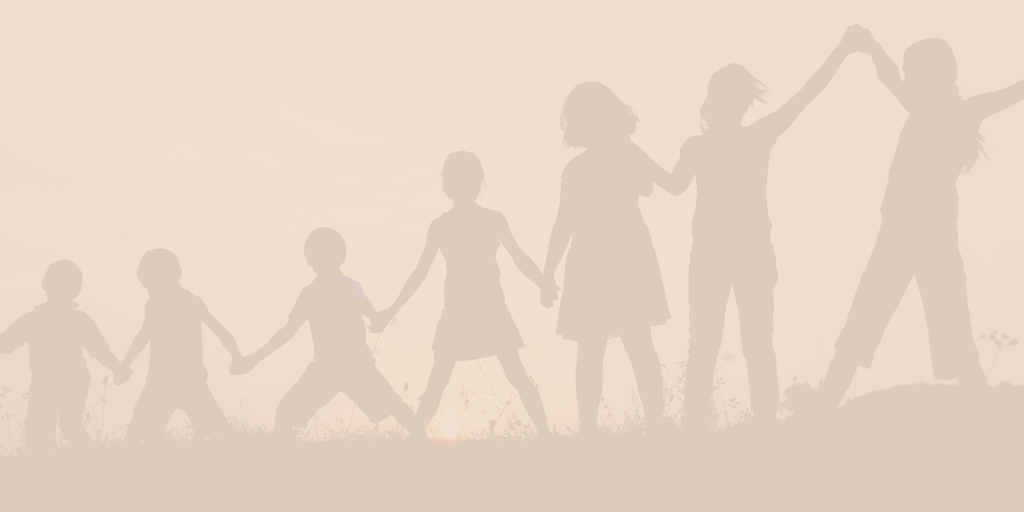
Raising a child to be a citizen is an immense challenge. A citizen is someone who has a desire to understand the world, and a commitment to improving it. The global problems of today can seem so large that individuals feel their actions would be meaningless. This apathy cannot be an option forever. Without a populace that cares about the issues, and devotes time to inform themselves, change will be slow to come. The challenges of the twenty first century will require a dedicated citizen core to enact effective change. The challenge before us is how to create such a group of citizens. These are my observations on how to confront the challenge of raising good citizens.
Curiosity is key to people who want to stay informed. Luckily, children are naturally curious at birth; as a species we are wired to learn. The first two decades of a child’s life must be spent nurturing this curiosity. Essential to this are large chunks of unstructured time. Unstructured time serves to strengthen a child’s innate sense of curiosity by allowing them to explore their interests and the world around them without being told what to do. The young mind is excellent at entertaining itself; if left alone, it will find ways to learn. While structured activities are important for more formal learning, informal learning is where curiosity is able to take hold as the child directs its attention to what interests them most.
For example, growing up, I was never forced to read. Instead it was something I arrived at out of boredom. From this grew a deep love of reading that continues to this day. Conversely, one of my friends was forced to read a book a week every summer. While he is an excellent reader, he also hates it, and only does it when assigned to him. He views reading as a chore, while for me it is an avenue through which to explore the world. A child may learn through exploring nature, tinkering with machines, or performing experiments. The most important aspect of any style of learning is that the child arrived at it through their own exploration. This way their natural curiosity will continue to motivate them to learn, and thus be informed, throughout their lives.
Another key aspect to the raising of good citizens is developing a sense of agency. Children with agency become citizens committed to improving their communities. Children take their values from their families. If the family they are raised by values participation in the civic process, the child will come to value it as well. The family can also create empowerment on a deeper level. Through interaction the child learns that their ideas and actions impact others. Take for example my friend who hates to read. From the age of five, he had responsibilities around the house, including taking out the trash, and washing dishes. As he entered high school, he became deeply involved in student leadership, helping to bring change to the school.
A second friend of mine grew up with a single dad, so as a child he was more independent and self-reliant. He too came to realize that his actions mattered, joining school leadership and also founding a debate club. These boys grew up in very different families, yet both built a sense of efficacy in their actions through the work they did with their families. Seeing the impact of their contribution builds their commitment to improving their world.
It is important to remember that these ideas are held up by two pillars. First, access to nourishment, safety, health care, and other fundamental needs provide the necessary foundation for the child’s curiosity and agency to develop. Secondly, the child is raised in a community, while the family is often the most influential aspect of this community, there are many other people whose interaction may influence a child’s development. If we are to create a generation of true citizens, it is important that the society which surrounds them also value learning, and be committed to improving their world. Additionally, the community must help to provide the resources that will allow children of all backgrounds to learn these values. This is of vital importance to the future of our species, for without citizens committed to improving their communities, human society will continue to unravel.
Scholarship Essay by Javier Jenkins-Sorensen
UCA’s most recent Scholarship Essay Contest for High School Juniors and Seniors officially ended on May 15, 2020. While the theme has always been to explore ways to make a more caring world, our most recent Essay Contest specifically asked how they would make a more caring world in one of four categories – Children – Animals – Reforestation – Elderly. The winning essays have been posted and awards distributed.
Because there were so many impressive essays submitted from across the U.S., we decided to share many of these students’ inspiring caring actions with you in this publication. Through their essays, the students provide a refreshing insight into their minds and hearts, offering an in depth view of our world that we often overlook. They take us on a journey rich in knowledge, personal experience and creative solutions. It is our hope you will feel as informed and inspired as we do. We are proud to present to you the writings, thoughts and dreams for a more caring future through these articles.

